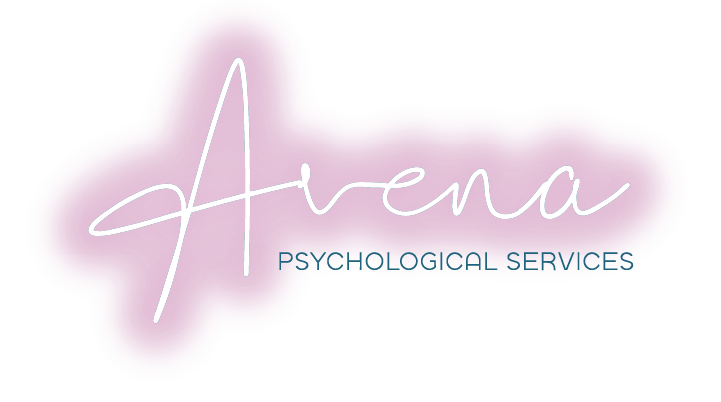Therapy Services in New York & New Jersey
Trauma Therapy
Address the emotional and interpersonal effects of past trauma
Process The Past with Trauma Therapy
Unprocessed trauma can continue to negatively affect the lives it touches in various ways long after the traumatic experience has ended. A therapist providing supportive trauma therapy can help you process trauma in a healthy and thorough manner to resolve the impact of these experiences.
Overcome residual mental trauma
Build new & helpful mindsets for living with trauma
Create new coping mechanisms to regulate post traumatic stress
Let Down Your Heavy Burden
Carrying around trauma is not a light baggage to carry. It affects all levels of your life. Even if you are not thinking about your trauma at every second of the day, the effects are continuous. All trauma – acute, chronic, and complex – should be thoroughly picked apart and processed to live fully and freely. Trauma therapy can help you feel better again.
Leaving Trauma Unprocessed Can Result In:
- Post traumatic stress
- Difficulty sleeping
- Fear of engaging in certain activities or conversations
- Social withdrawal from friends and family
- Substance abuse
- Suicide
Don’t wait. Schedule Your Consultation Today
Virtual Mental Health Therapy Tailored For Your Comfort
Contact us to start therapy conducted through technological means for your convenience.
Video Call Therapy
Online therapy conducted via Zoom. Video meetings allow you to see your therapist from the comfort of your preferred location.
Phone Call Therapy
Full service therapy conducted via a phone call. Have full conversation with your therapist without the need to be seen.
Concierge Therapy
Personal appointments can be tailored to special locations through a prior approved agreement with Dr. Avena.
Insurance Accepted for Your Convenience
















Getting Ready For Change
After your scheduled consultation has been completed, you will be emailed onboarding documents needed for officially starting therapy. Completing these documents with accurate information is the first step to getting ready for change.
Some people feel more nervous about scheduling a consultation than others. In order to feel more confident, there are things you can do to get your mind psychologically prepped for your consultation. Whether or not you come to the consultation with prepped notes, your therapist will ask you questions to ascertain your goals for therapy. If you would like a tool to bring for more consultation confidence, consider bringing notes on the bullet points below.
In order to prepare for this consultation, here are a few things you can do (this is optional):
- Ask yourself why you are seeking therapy. Write some bullet points down, about 2 to 4, to be briefly discussed during your consultation.
- Name about 2 to 4 feelings you are struggling with.
- Write 2 to 4 things you are wanting to accomplish from therapy.
